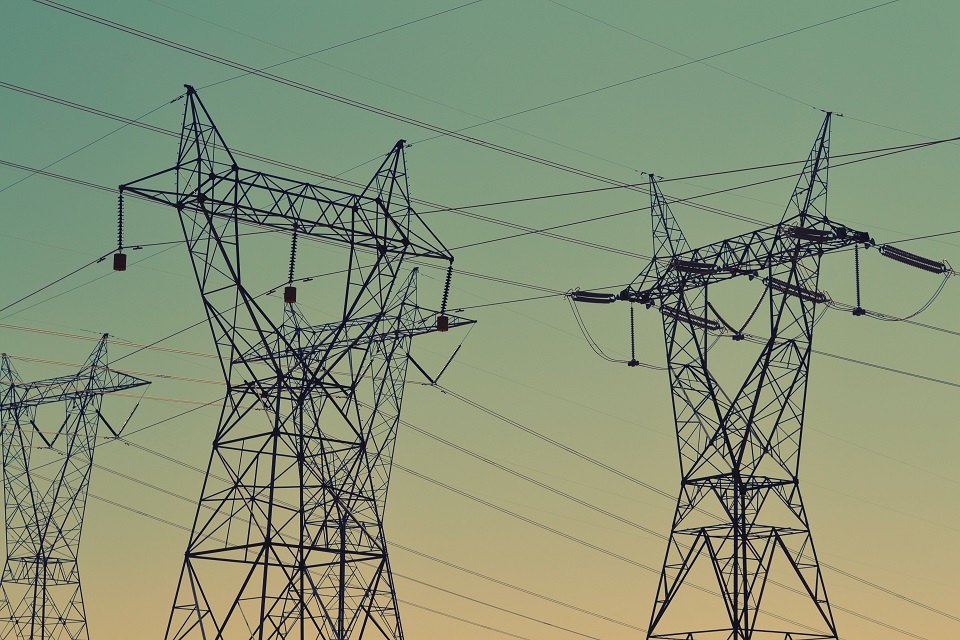The 26th United Nations Climate Change conference, commonly referred to as COP26, was held at the SEC Centre in Glasgow in November. Delegates from around the world, including heads of states, climate experts and campaigners, convened to agree co-ordinated action to tackle climate change.

COP26 was held at Glasgow Science Centre
GAD's support for COP26
As host of the COP26 summit, the UK government was central to facilitating this global event. Many government departments were involved in the UK's preparation and GAD is proud to have lent our support to this work.
One of our actuaries, Sara Ronayne, was seconded to HM Treasury's Private Finance Hub in the lead up to COP26. The Hub was led by the UK Prime Minister's Finance Adviser for COP26 - former Governor of the Bank of England Mark Carney.
A key part of his role was to help create a global financial system where "every professional financial decision takes climate change into account."
During her secondment Sara used her analytical skills and experience of GAD's climate work to support a range of new climate finance analysis challenges. Read this blog to find out more about her experience.
GAD's support for net zero
Of course, while the COP26 summit has been high profile, many other government projects are also playing a key part in ensuring the UK can realise its climate goals. Prior to COP the UK had already set out its landmark strategy to reach net zero emissions by 2050. During the summit, the Chancellor, Rishi Sunak, reaffirmed this commitment and announced the UK's intention to become the world's first Net Zero-aligned financial centre.
GAD's analytical expertise is supporting several projects to help departments realise their own net zero ambitions, such as:
- financial modelling for the Department for Education to help them decarbonise. This includes converting school minibus fleets to electric vehicles and identifying schools most in need of replacing gas boilers with heat pumps
- working closely with the Department for Education's Risk Protection Arrangement team to build up flood resilience in schools across the country
- chairing cross-department discussions on Power Purchase Agreements (PPAs) and considering the types of financial risk that these contracts may involve. A PPA is a contract that allows an electricity user to buy directly from a renewable energy provider at an agreed cost for an agreed length of time

Changes to the way we consume energy can play a big part in tackling climate change
Understanding climate risk
Alongside our analytical skills, actuaries are well versed in making sense of long-term financial risk and uncertainty. As climate change is a significant source of long-term uncertainty and risk, this is an area in which our skillset can add value.
In GAD we are committed to building our capabilities to support government and the wider public sector in making sense of long-term climate related risks. This includes embedding climate considerations into our 'traditional' areas of actuarial work, such as pensions and insurance. We also support other government workstreams where consideration of climate risk is relevant.

GAD is supporting the public sector to understand the risks posed by climate change
Examples of this include:
- embedding climate scenario analysis across a range of workstreams, such as the actuarial valuations GAD undertakes for around 20 public service pension schemes. Read this blog for an example of GAD's scenario analysis work.
- supporting climate related financial disclosures - we are supporting clients who are required to report their climate related risks and opportunities. Risk management, including the use of climate scenario analysis, is a central aspect of these disclosure requirements.






